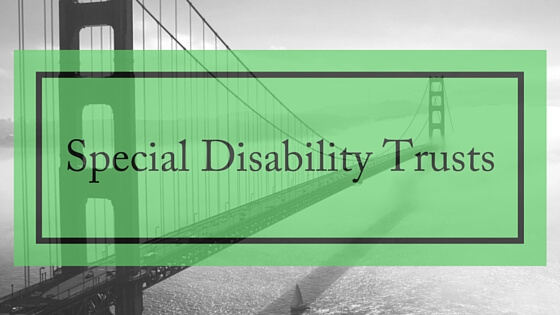
Special Disability Trusts are very helpful for parents and immediate family members to plan for the future care and for the on-going accommodation needs of a person with a severe disability. These trusts do not need to be established under your will.
A Special Disability Trust must have only one principal beneficiary (the person for whom the trust is established) who meets the eligibility criteria.
Special Disability Trusts must:
- have only one principal beneficiary (the person for whom the trust is established), who must meet the eligibility criteria
- provide for the accommodation and care needs of the principal beneficiary
- have a trust deed that contains the clauses as set out in the model trust deed
- have an independent trustee, or alternatively have more than one trustee
- comply with the investment restrictions
- provide annual financial statements and
- conduct independent audits when required
The funds are intended to meet the reasonable care and accommodation needs of the principal beneficiary.
The trustee is able to:
- pay for the beneficiary’s dental and medical expenses, including membership costs for private health funds
- pay the maintenance expenses of the trust-property assets
- spend up to $11,500 in a financial year on discretionary items not related to the care and accommodation needs of the beneficiary. (This expenditure should remain compliant with the legislative requirements of a Special Disability Trust).
The assets in Special Disability Trusts up to a value of $596,500.00 (indexed upwards each year) are not taken into account in relation to the social security entitlements of the disabled person.
A Special Disability Trust must be for the benefit of only one disabled person, its purpose must be to provide for the accommodation and care of that person.
If you wish to provide in your will for a disabled person, a Special Disability Trust could be an advantageous option. We often recommend that your will enables your executors to consider establishing such a Trust for a person under a special disability.
